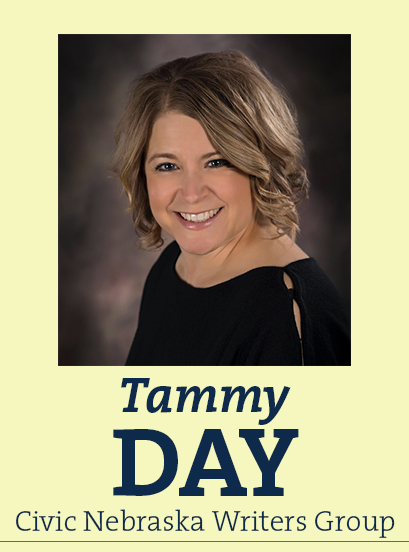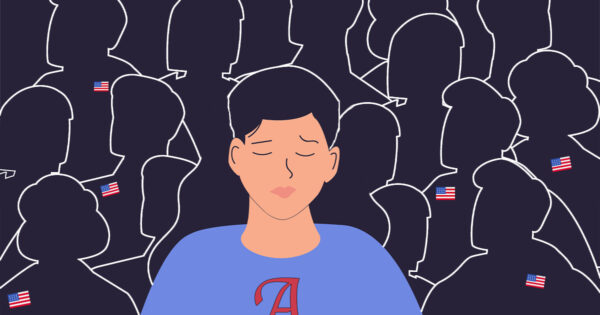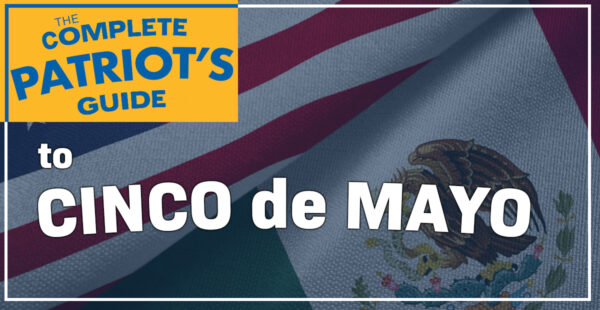Much to my family’s dismay, they often wait when I stop to chat with someone “for just a second,” because I love to cultivate and nurture my relationship network. I’ve learned through community initiatives and projects that relationships matter. They’re the roads that lead to change.
In every community, everyone has something to contribute to benefit our lives together. So it makes sense that we build networks that connect our gifts and use them for the greater good. I enjoy meeting people and building my social capital because I know gifts used in conjunction with others can be a powerful force.

Social capital equates to the network of relationships and goodwill among people with the power to move communities forward. It’s a spirit of cooperation with others that creates a willingness to engage with people on community initiatives – to invest your time, talent, and treasure just because they asked you. Social capital is an eagerness to help that develops because you have taken the time to build and cultivate relationships, and it creates a reserve of generosity in your community.
When you know someone, you are more likely to trust them, help them, and listen to them. Just as physical capital is essential to run a successful business, social capital creates opportunities as people work toward a common goal. Social capital is a critical strategy in community work because it benefits the people between whom it is created and the community in which it lives.
There are many ways to build relationships and create connections:
Get comfortable with introductions. When we take the time to connect with people and learn about them, we create a connection that can support future community growth. Make time for introductions. Take the time to meet people and learn about them and what they care about.
Cultivate a reputation for showing up and getting things done. People want to work with others who are dependable and hardworking. Once others understand they can count on you, they are more likely to invite you to participate in future work, creating another link in your relationship chain.
Be willing to say yes. When you begin to create your relationship network, say yes to invitations to participate in community efforts, boards, and organizations. This helps you learn about organizations and issues and the people connected to them. It also enables you to solidify what you care about, what your gifts are, and how you can best use them, while at the same time, helping people learn about you and how you fit into the fabric of community life.
Become community-focused. Building social capital to serve your community is different from building social capital for your career. If you have your shared life together at the center of your relationship-building, you will form genuinely beneficial connections that can strengthen and grow your community.
Be grateful. As your relationships and connections begin to develop, express your gratitude. Gratitude strengthens bonds between people, deepens trust, and expands social capital. People want to be around others who see them, appreciate them, and value their contributions. We are more likely to say yes to people who have taken the time to say thank-you to us.
Return the favor. Just as you will rely on others early on to introduce you to people, invite you to participate in community projects, or help you learn about community needs, so too will others rely on you. Part of being in the relationships that social capital creates means using your social capital to help others.
Invite people to participate. Just as you must be willing to leverage your social capital for the common good, you must also be willing to help others build relationship networks. Build a network of those who are ready and willing to contribute to a life together by continuously inviting new people to participate. Creating a broader network of relationships makes community success more likely.
Building relationships, connections, and social capital takes time. But communities with strong relationship networks have less infighting, more collaboration, and are more likely to get things done. Working together eliminates territorial issues and competition for resources and increases the chance of solving issues.
As we make connections across our communities, they become stronger, forging tighter bonds among residents, and building the systems to sustain them – one person, one place, one issue at a time.

Tammy Day’s work focuses on Daycos4Good, which leverages Daycos Inc. as a force for good in the world. She is a member of the Norfolk Public Schools Board of Education and is active in the Connie Fund, Stand for Schools, and Women’s Network of Nebraska.
For more Civic Nebraska Writers Group columns, click here.




